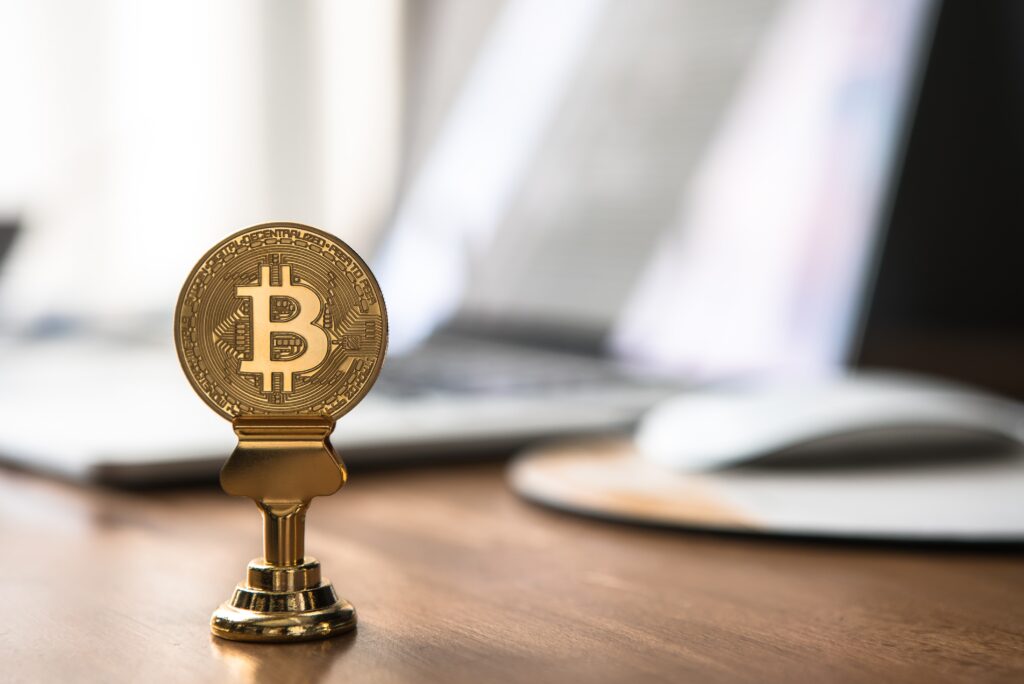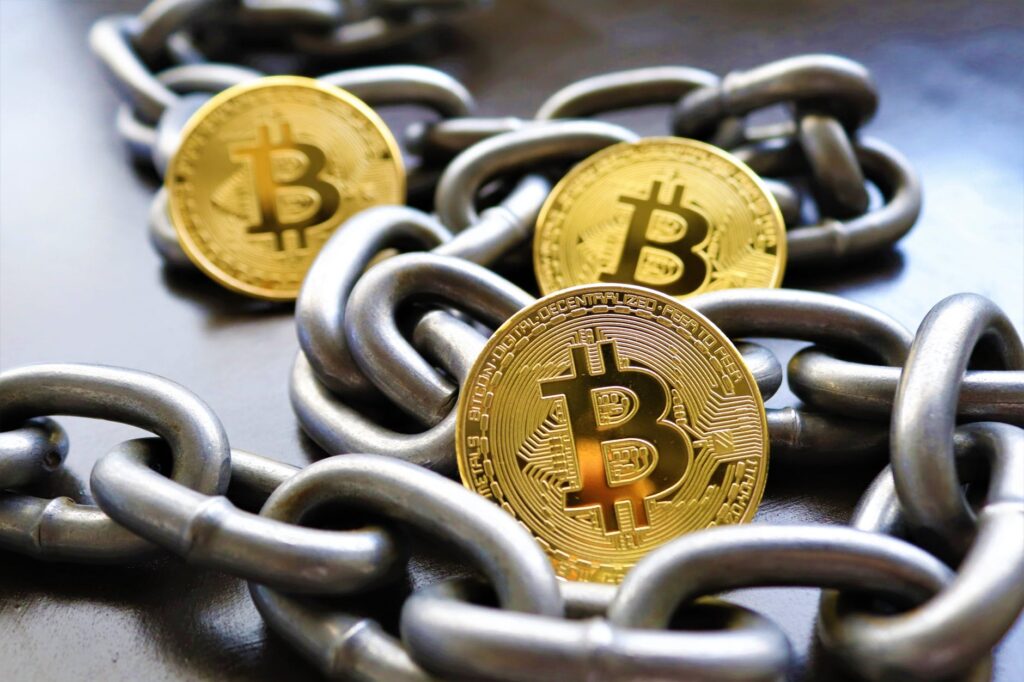Are you shocked by the statement that mining Bitcoins actually harms the environment? Don’t be. It would be easier for you to understand the physical polluting things like plastic waste and coal. But that is not the case with Bitcoin mining. You might think that it is cleaner because you are not digging the ground as in coal mining.
However, it is not true at all. Although it does not dig up the ground but it consumes a whole lot of energy. You have to use heavy equipment and the latest software to mine coins and they all run on electricity. If you mine a single coin, it will consume the energy equal to the one that a citizen of the US consumes in a period of 3 weeks.
www.mmogames.com tells you more about mining and what do miners do. The whole process is quite complex and requires effort and energy. You can learn about PC mining, ASIC, and GPU mining by visiting mmogames.com. This will give you a clearer idea of how things work here and why it generates pollution. Thus, you will be able to decide that whether it is bad for the environment or not.

Energy consumption by miners
The main reason for environmental pollution through cryptocurrency is energy requirements. The global energy consumption through cryptocurrencies is about 120 terawatt-hours per year. If we were to compare it with our consumption, it is equal to the entire domestic electricity consumption of the people of Sweden per year. This is quite huge demand and therefore, requires more sources.
Carbon emissions caused by Bitcoin mining
If you are to mine Bitcoins or any other cryptocurrency, it will emit its carbon into the air. Thus, you should know what you will do to the environment before you decide to do so. According to the index from Digiconomist, every year around 37 million metric tons of carbon are emitted into the environment. And if we have to compare it with anything, it is equal to the whole of carbon emission by New Zealand.
Likewise, the whole transactions that take place on annual basis are equal to the energy consumed by the Chile people. Moreover, a single transaction of cryptocurrency has a carbon footprint equal to that of 50 thousand watch time of YouTube.
Environmental pollution will increase over time
At first, the carbon emissions were not this serious and they will not remain the same in the future. Initially, mining Bitcoins was not much of a difficult task. However, as the process continued, mining became difficult. Because with the mining of every single coin, the problems become complex. Thus, it requires more energy and better equipment.
Furthermore, miners can create only a single block in 10 minutes. This consumes a lot of power and energy. And with the current mining progress, this industry is expected to reach 21 million by the year 2140. When mining increases, the next coin extraction becomes more challenging. Thus, energy consumption also increases.

Is it really that bad?
Although Bitcoin mining consumes energy resources but its energy does not come only from coal. There are various other sources that they use, which also include some clean electricity sources like wind and hydroelectricity.
Despite the 37 million tons of annual carbon-emitting potential, the total emissions are still far less than gold mining. Furthermore, traditional banking also releases more than 40 million tons of carbon, which exceeds the cryptocurrency. Therefore, it is not right to put all the blame on cryptocurrency.
Alternative sources of energy
The only way to offset the energy demands by cryptocurrency miners is to use alternative sources. This also includes green energy. There are several ways that they can use to offset their demands, which include natural resources. For example, hydroelectricity, solar and wind electricity. Thus, they can at least have their demand fulfilled by natural and renewable resources. Consequently, the carbon emission will decrease and so does the dependence upon coal and gas.
In order to gain much more environmentally friendly mining, Norwegian company is working on the establishment of facilities that will run on a renewable resource like hydro, wind and solar electricity.
Likewise, one of the major mining facility is “Blockstream” that has been working since 2016. According to their CEO, they use mixed resources. They are already consuming the electricity produced through hydropower plants. Furthermore, they are working on developing a new facility that will run on solar power.
Thus, they will not only reduce their dependence upon coal and gas but will also have cheaper electricity. This will be both environmentally friendly and a cost-effective approach.

Merging crypto with Banks
Initially, it was a bit difficult for banks to accept Bitcoins and other cryptocurrencies as payment. However, this mindset started to change a few years ago with the rise in the popularity of crypto. Now the whole financial market of the world is changing. We are moving towards digital payments and depending less upon paper currencies.
Furthermore, the countries where cryptocurrencies are legal, allow their banks to accept them. Thus, we will have a different financial market in the coming years. This will result in the production of less paper money. Thus, one source of environmental pollution will dropdown.
In addition to this, not everyone understands how things work in the blockchain. Therefore, there will always be a barrier between the communities. However, with the involvement of banks, everyone can have the same route of using cryptocurrency. And everyone will have an equal quality of services from banks. This will put the old school banking in the back. Thus, it would be possible to reduce the carbon emissions caused by banks.
To sum up…
Bitcoin miners are definitely putting a strain on the environment by causing pollution and releasing carbon. However, there are possible ways to deal with this pollution and manage electricity requirements. Furthermore, the environmental strain caused by bitcoin is not that serious as that of the banks.
